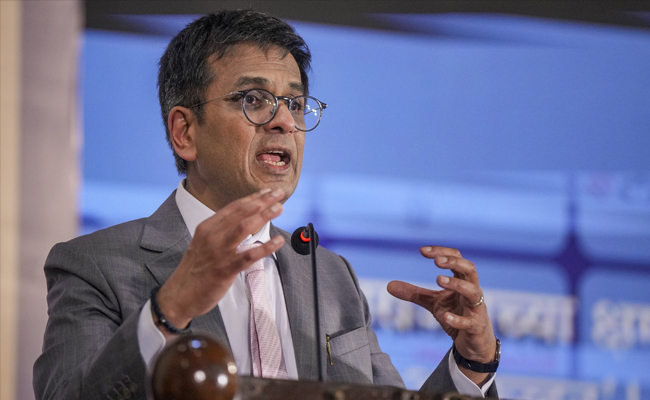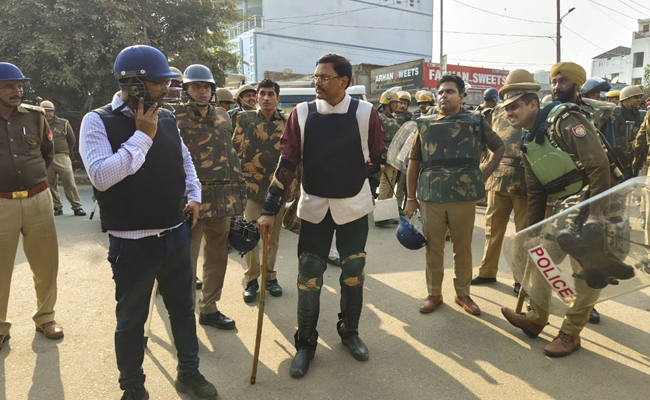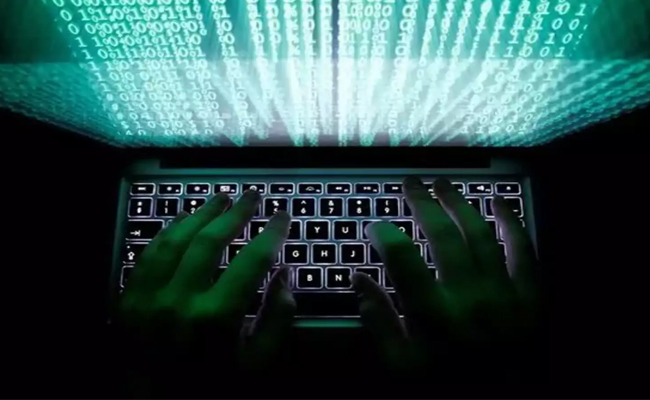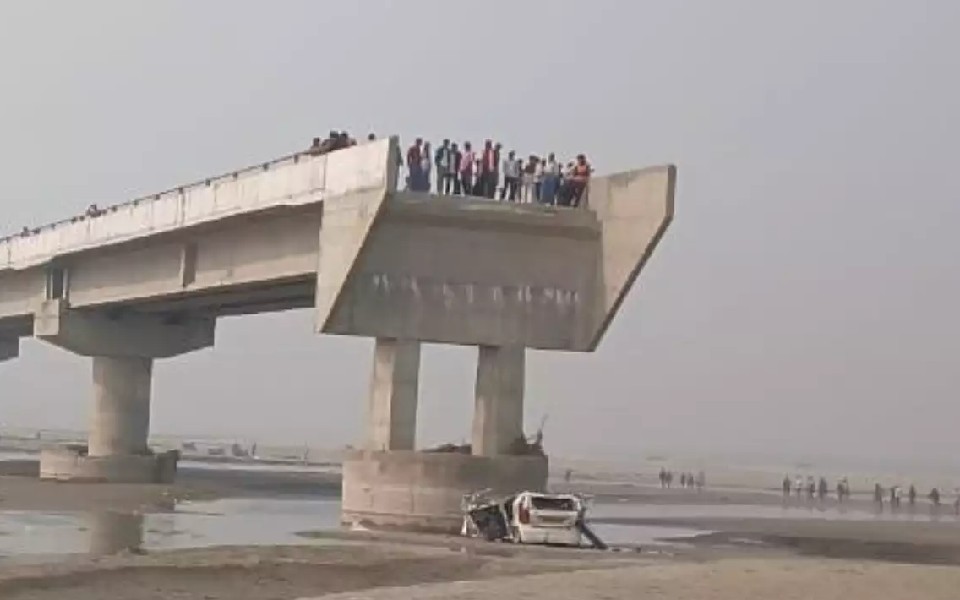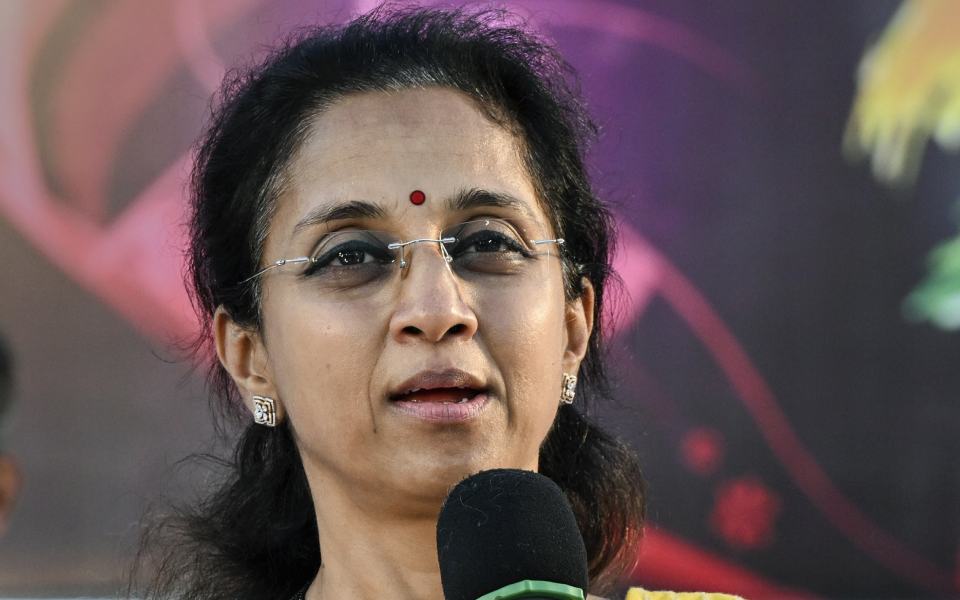Mumbai (PTI): Chief Justice of India D Y Chandrachud has said every institution can be improved, but it should not lead to a conclusion that there is something fundamentally wrong with it.
He was talking about the collegium system on Saturday during an interaction after delivering the inaugural lecture in a series organised by the Marathi daily `Loksatta' here.
To a question on the collegium system of appointment of Supreme Court and High Court judges, the CJI said it is a federal system where the responsibility has been given to different levels of governments (both the Centre and the states) and the judiciary.
"It is a process of consultative dialogue, where consensus emerges, but at times there is no consensus, but that's part of the system. We must have the maturity to understand that this represents the strength of our system," Chandrachud said.
"I wish, we will be able to foster a greater consensus, but the point of the matter is, this is dealt with a very great level of maturity on the parts of different levels within the judiciary and different levels within the governments," he added.
If there is an objection about a particular candidate, discussions take place with a "very great deal of maturity", the chief justice noted.
"We have to understand that it is very easy to criticise the institution that we have formed....every institution is capable of betterment. But the very fact that there are institutional improvements, which are possible, should not lead us to a conclusion that there is something fundamentally wrong with the institution," he said.
"The fact that these institutions have stood the test of time for over the last 75 years is a reason for us to trust our system of democratic governance of which judiciary is well a part," he added.
To another question, the chief justice said unlike in other fields, the work burden of a judge increases both in terms of volume and complexity as he or she rises in the judiciary.
"Our judges are not galivanting or goofing up even in the vacation, they are deeply committed to the work they do," he said.
The orders they pass will define the country in next decades, but judges hardly get time to think or read about law (aside from their work), the chief justice said.
"....do we give our judges sufficient time to think or read about the law or do you just want them to be merely a mechanical machine in the disposal of cases," he asked.
Despite its drawbacks, the emergence of social media is good for society, CJI Chandrachud said.
"The whole universe of judging, I believe, has undergone changes due to social media. Judges have to be very careful about what they say, use appropriate language," he said.
"I still feel that the advent of social media is good for society, as it enables the user to reach a huge section of society," he remarked.
Let the Truth be known. If you read VB and like VB, please be a VB Supporter and Help us deliver the Truth to one and all.
Sambhal (UP) (PTI): The district administration has imposed prohibitory orders and barred the entry of outsiders till November 30 after three men were killed and scores of others, including security and administration personnel, injured in a violence by protesters opposing a court-ordered survey of a Mughal-era mosque.
The order has been issued under provisions of the Bharatiya Nyaya Sanhita (BNS), said District Magistrate Rajender Pensiya late on Sunday.
"No outsiders, other social organisations or public representatives will enter the district border without the permission of the competent officer," said the order, which came into force with immediate effect.
Violation of the order will be punishable under Section 223 (disobedience to order duly promulgated by public servant) of the BNS.
Violence broke out in the district on Sunday as protesters opposing the survey of the Jama Masjid clashed with security personnel. The protesters torched vehicles and pelted the police with stones while the security personnel used tear gas and batons to disperse the mob.
Divisional Commissioner (Moradabad) Aunjaneya Kumar Singh said on Sunday, "Shots were fired by miscreants... the PRO of the superintendent of police suffered a gunshot to the leg, the circle officer was hit by pellets and 15 to 20 security personnel were injured in the violence."
A constable also suffered a serious head injury while the deputy collector fractured his leg.
"Three people, identified as Naeem, Bilal and Nauman, have been killed," Singh said.
Twenty-one people, including two women, have been detained and a probe has been launched, the official had said, adding that those accused in the violence would be booked under the stringent National Security Act (NSA).
District Magistrate Rajender Pensiya said, "The casualty count stands at three. The reason for the deaths of two is clear -- bullet wounds from countrymade pistols. The reason for the death of the third person is not clear but it will be after post-mortem."
Internet services were soon suspended in Sambhal tehsil for 24 hours and the district administration declared a holiday in all schools for Monday.
Tension had been brewing in Sambhal since November 19 when the Jama Masjid was first surveyed on the court's orders following a petition claiming that a Harihar temple had stood at the site.
Trouble started early on Sunday when a large group of people gathered near the mosque and started shouting slogans as the survey team began its work.
District officials said the survey could not be completed on Tuesday and was planned for Sunday to avoid interference with afternoon prayers.
Supreme Court lawyer Vishnu Shankar Jain, who is a petitioner in the case, had earlier said the Court of Civil Judge (Senior Division) ordered the constitution of an "advocate commission" to survey the mosque.
The court has said a report should be filed after conducting a videography and photography survey through the commission, he had said.
On Sunday, Jain urged the Archaeological Survey of India to take control of the "temple".
Gopal Sharma, a local lawyer for the Hindu side, had earlier claimed the temple that once stood at the site was demolished by Mughal Emperor Babur in 1529.

